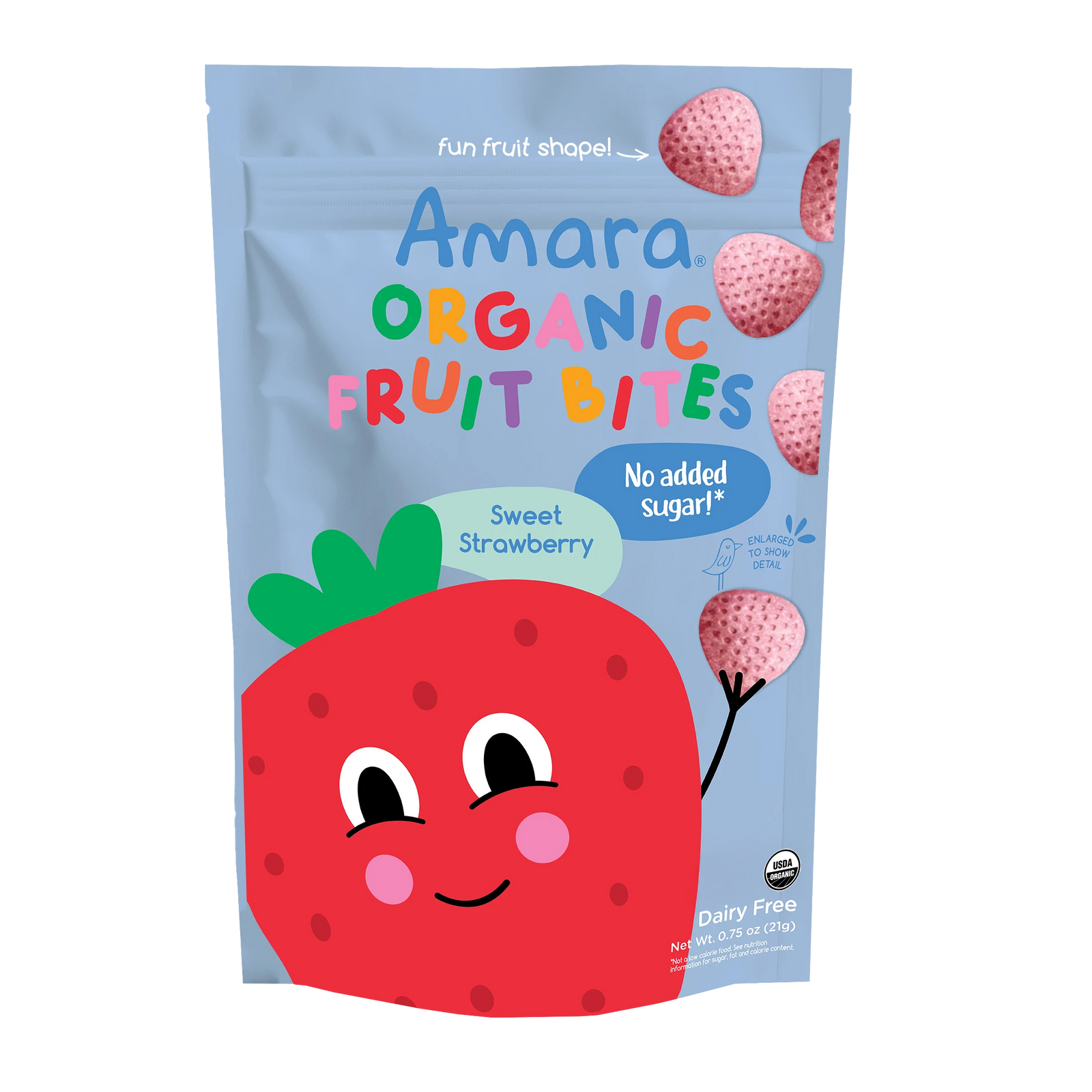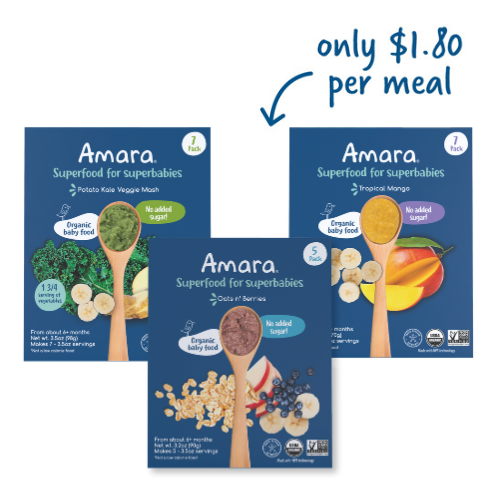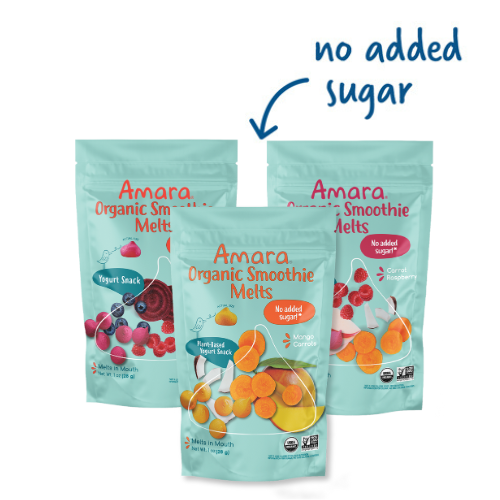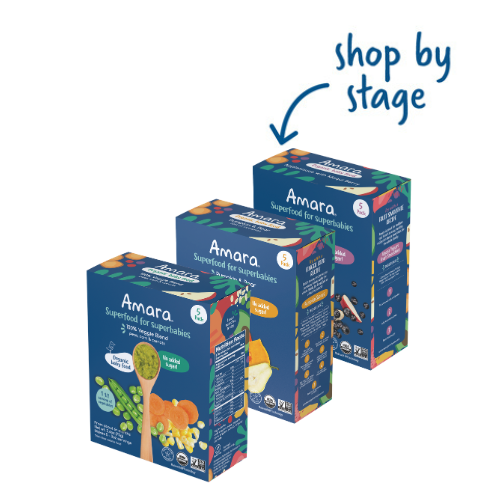How Your Baby’s Food Choices Impact Their Sleep Schedule
From the moment you learned you were pregnant, you probably took a second look at your diet. You became much more aware of the food you were putting into your body because now, you have another to care for. Did you know that most people’s first organic purchase is for their baby? Your sleep schedule and eating habits impact the growth of your baby, even while in the womb. While we refer specifically to your baby’s eating schedule, keep in mind these suggestions can also bode well for the mother before birth.
The point at which you introduce solid foods to your baby can also impact their sleep schedule (as well as future sleep schedules).
Paying attention to your child’s food intake, sleep regression patterns and routines will greatly impact their sleep schedules.
One of the big questions is when are you supposed to start solids with your baby. THe American Academy of Pediatrics officially recommends 6 months of breastfeeding and/or formula, exclusively. We know that some pediatricians recommend starting earlier and that really depends on your baby, so please always consult with your pediatrician as each baby is different.
Interestingly enough though, sleep and baby food may be correlated more than we think. A study conducted Department of Population Medicine at Harvard in 2010 suggests that starting solids before 4 months only may actually disrupt sleeping. The study concluded that babies who began eating cereal before 4 months slept a half an hour less than infants who were not eating cereal. The correlation is there and the research continues to build around how food both effects sleep and behavior.
Some foods you (and your baby) should learn to avoid include in general but especially before 2-3 hours before you baby’s bedtime:
- Coffee and tea
- Soda
- Chocolate (contains refined sugar - a big no no before bed)
- Sugary juices (even those beloved juice pouches)
- Sugary snacks and candy
However, there are foods that benefit sleep. Tryptophan is a chemical that has benefits to you and your little one. It’s also that chemical that runs in your body when you feel your body winding down after Thanksgiving. Your body uses tryptophan and turns it into a B vitamin called niacin. Niacin then kicks in to create serotonin, a chemical beneficial for sleep. Finding trytophan-rich foods can be the place to start when adding to your baby’s meals.
Tryptophan-rich foods include:
- Wheat and oats
- Bananas
- Green leafy vegetables
- Eggs
Some dinner/before bed meal ideas for baby before bed:
- Turkey with sautéed greens
- Whole-wheat pasta
- An egg sandwich on whole wheat bread
- Tofu with stir-fried vegetables
- Tuna with brown rice
Additionally, there are some routines that could help benefit your child’s sleep schedule and provide them with a longer, more restful sleep.
- In keeping with how you treat your own body, avoid large meals at least 1 hour before bedtime. Eating meals right before bed will raise your metabolic rate. Food will also just sit in your stomach rather than beginning the digestive process efficiently. Use bedtime as a means to control your body temperature. This applies to both the expectant mother and child.
- Your child’s largest meal of the day should happen at midday. Dinner should be a bit smaller than lunch and should happen at least 2 hours before your child’s bedtime.
- Sometimes your little one might get hungry before bed. It’s okay to serve them a small snack, but ensure it is free of sugar. It's a good idea to create a calendar with specific snack times while you adjust to your baby's sleep schedule. Snack on the early side so that their body has time to digest.
Routines and purposely choosing foods suggest that you can influence how your baby sleeps. At Amara, we strive to provide ingredients that are rich in flavor, antioxidants and leafy greens for a purposeful night sleep. Some say that our oats n berries flavor is a great bedtime snack mixed with breastmilk if your baby is having trouble sleeping!








Leave A Comment